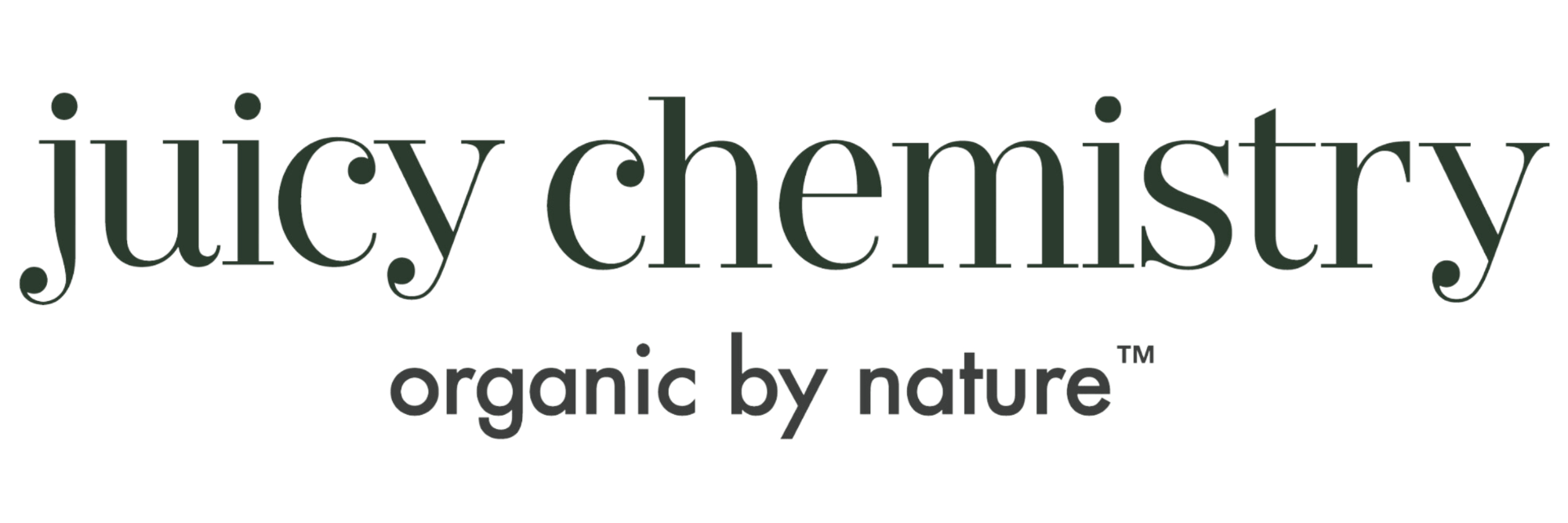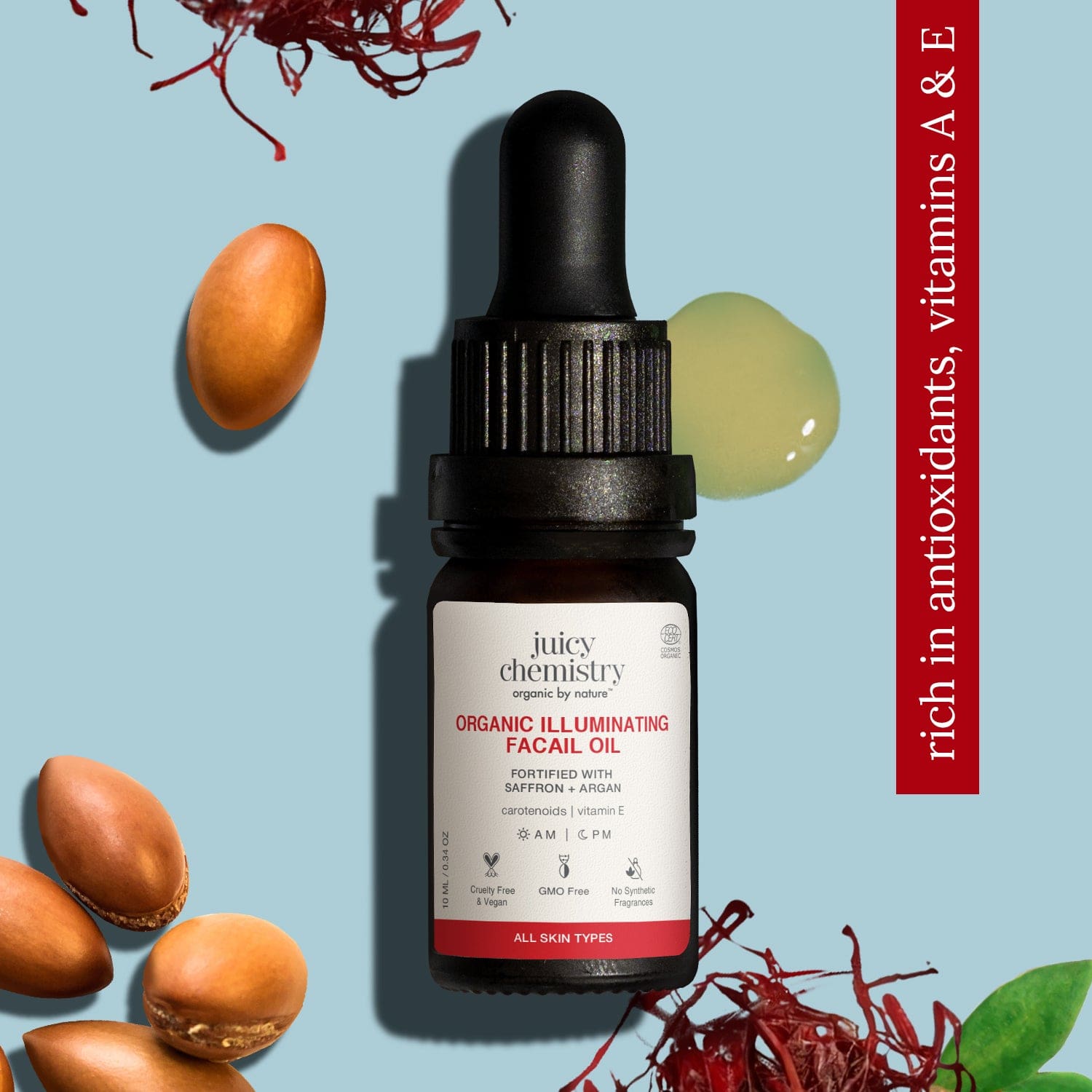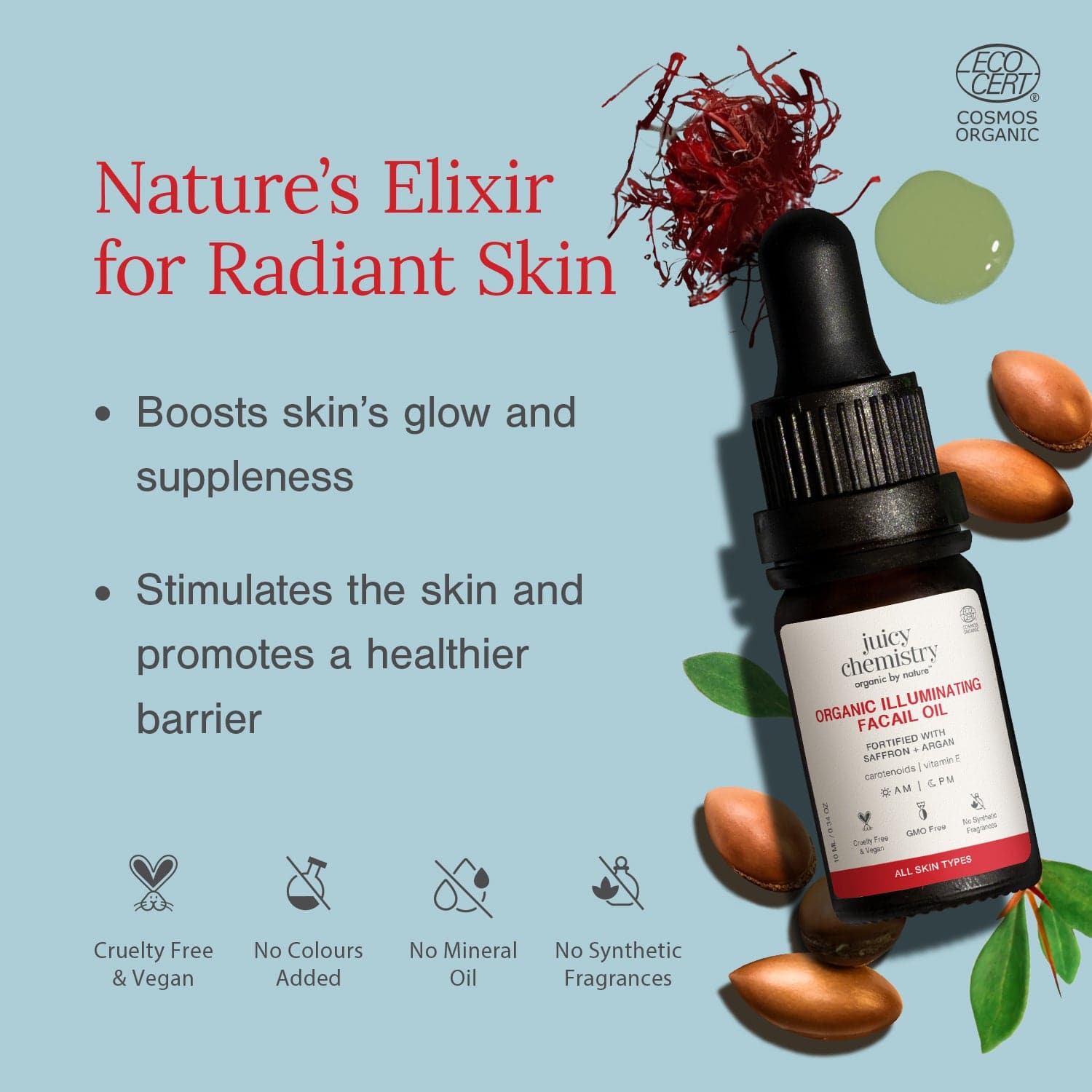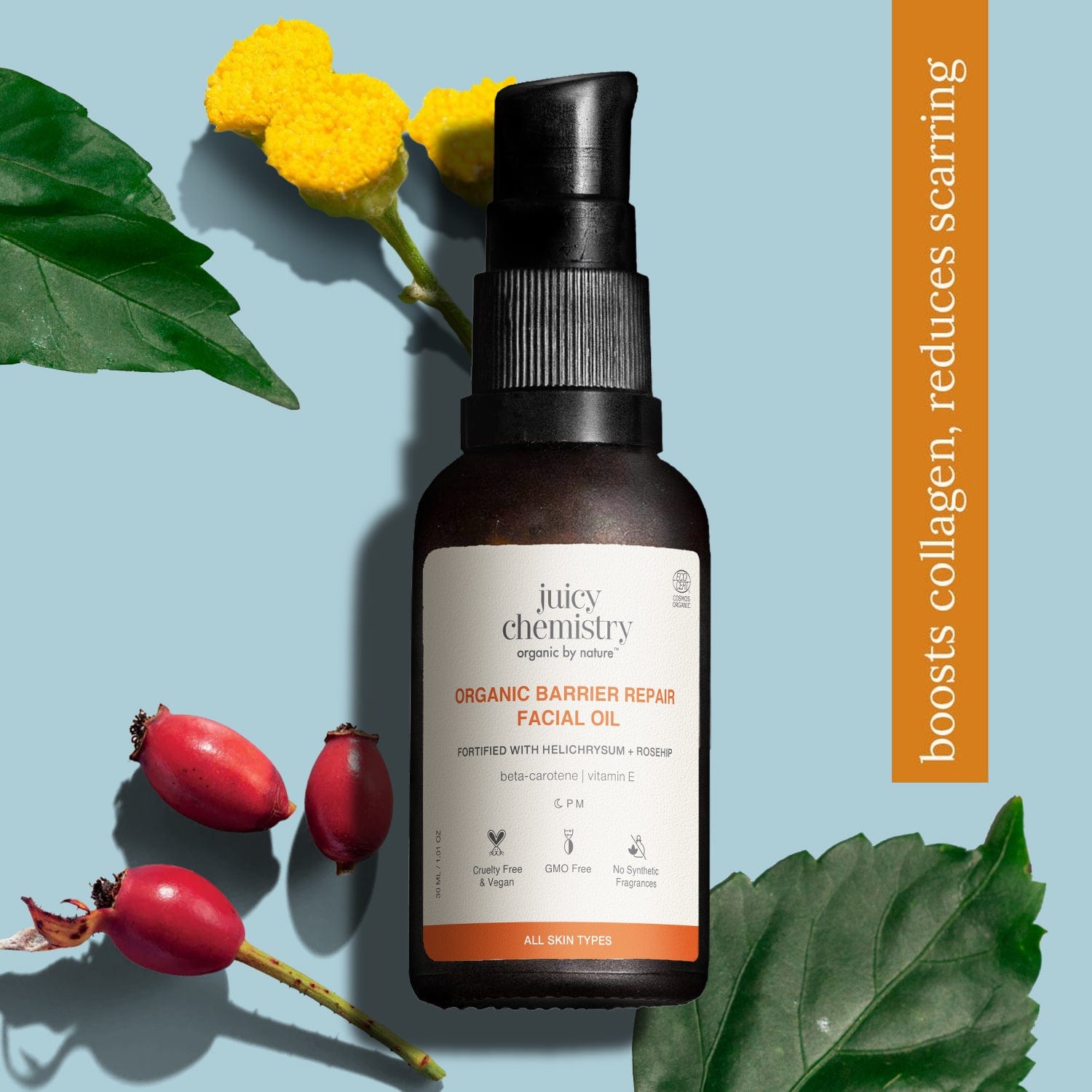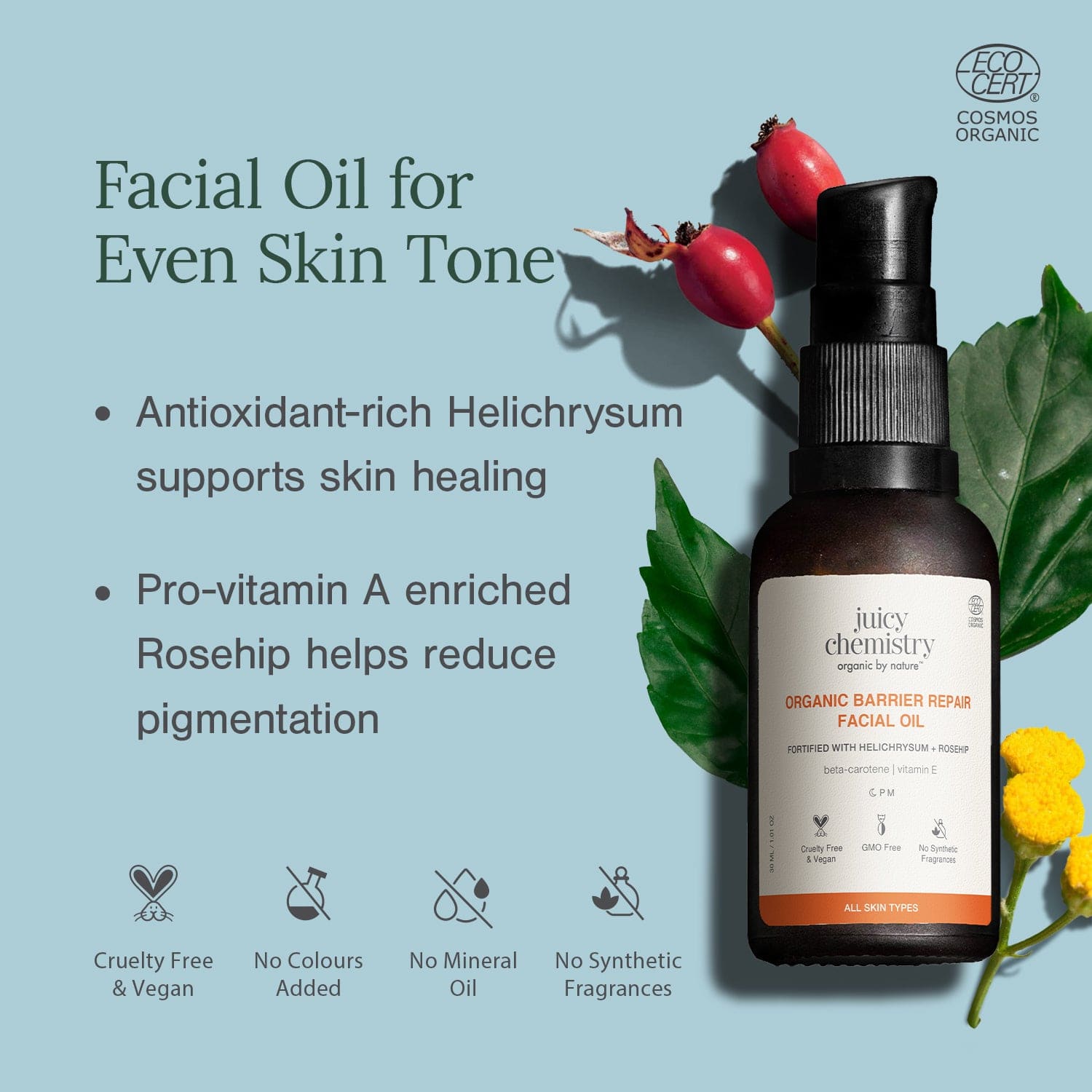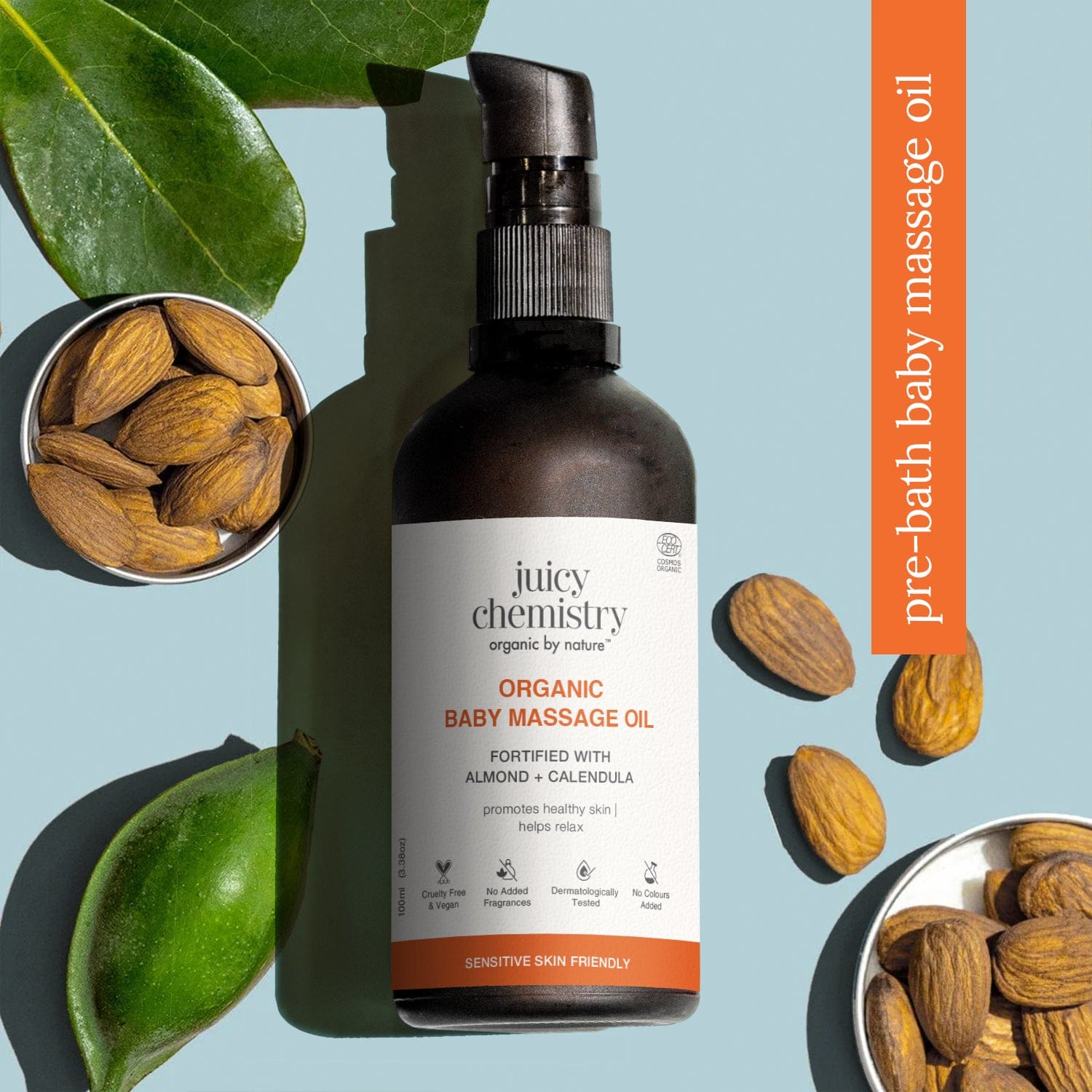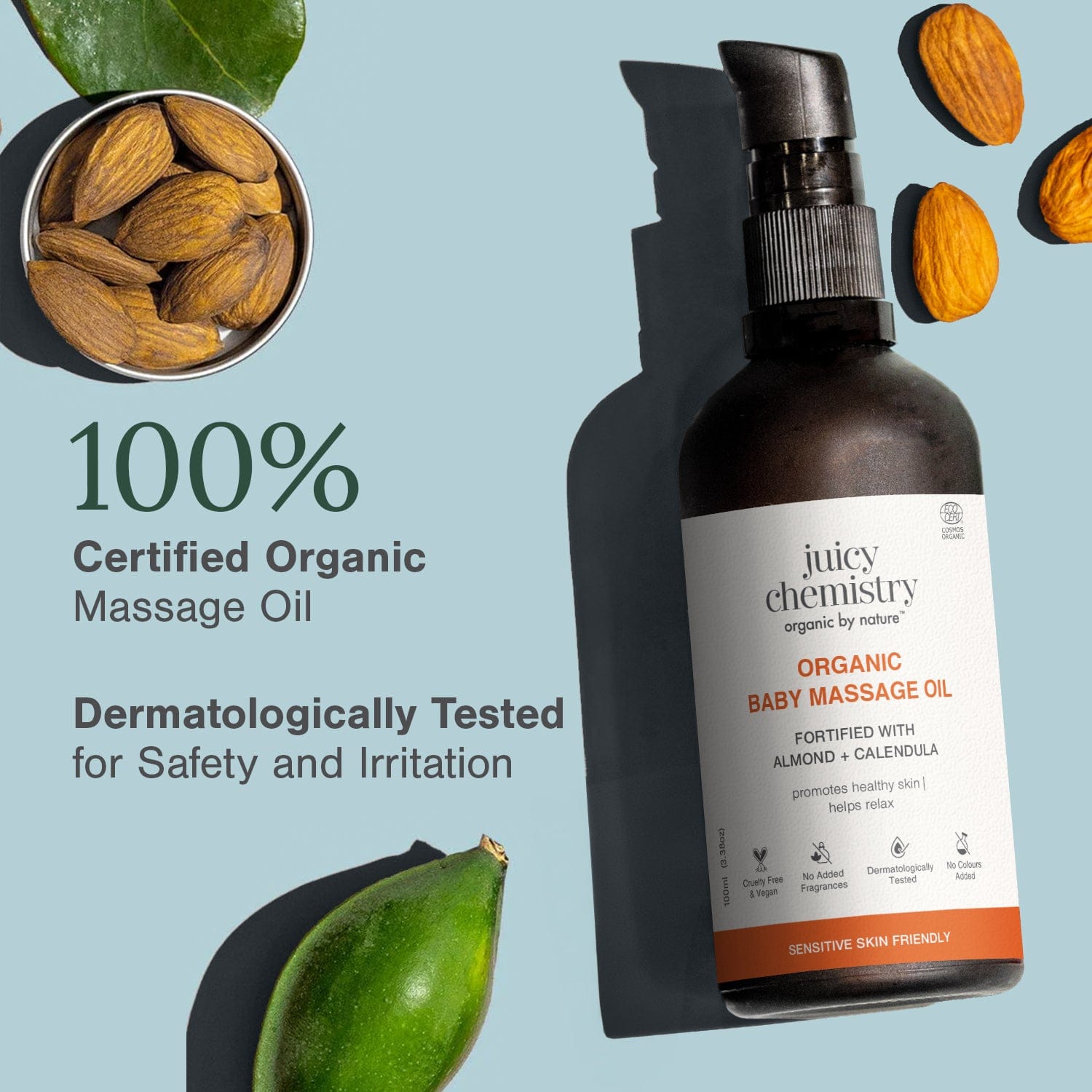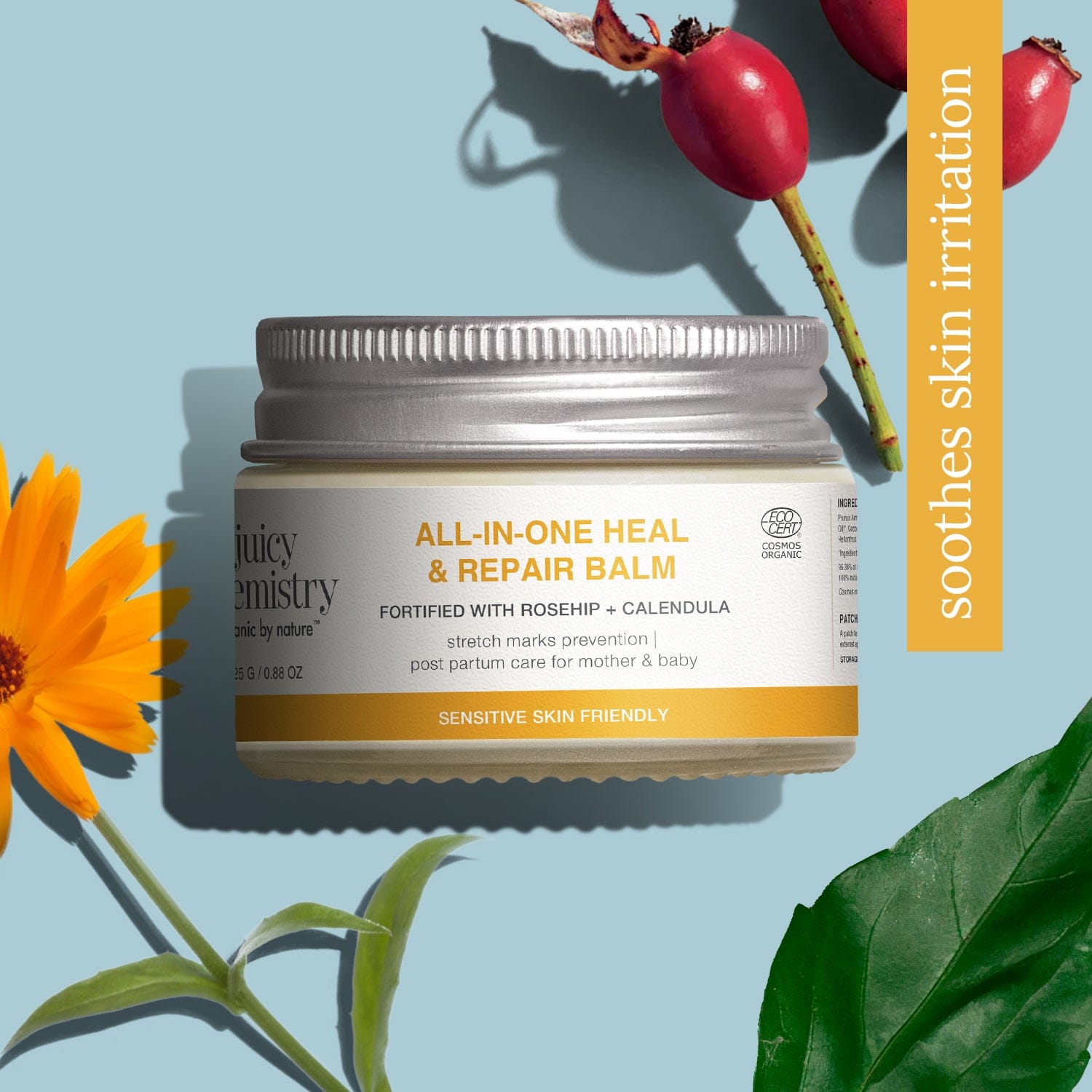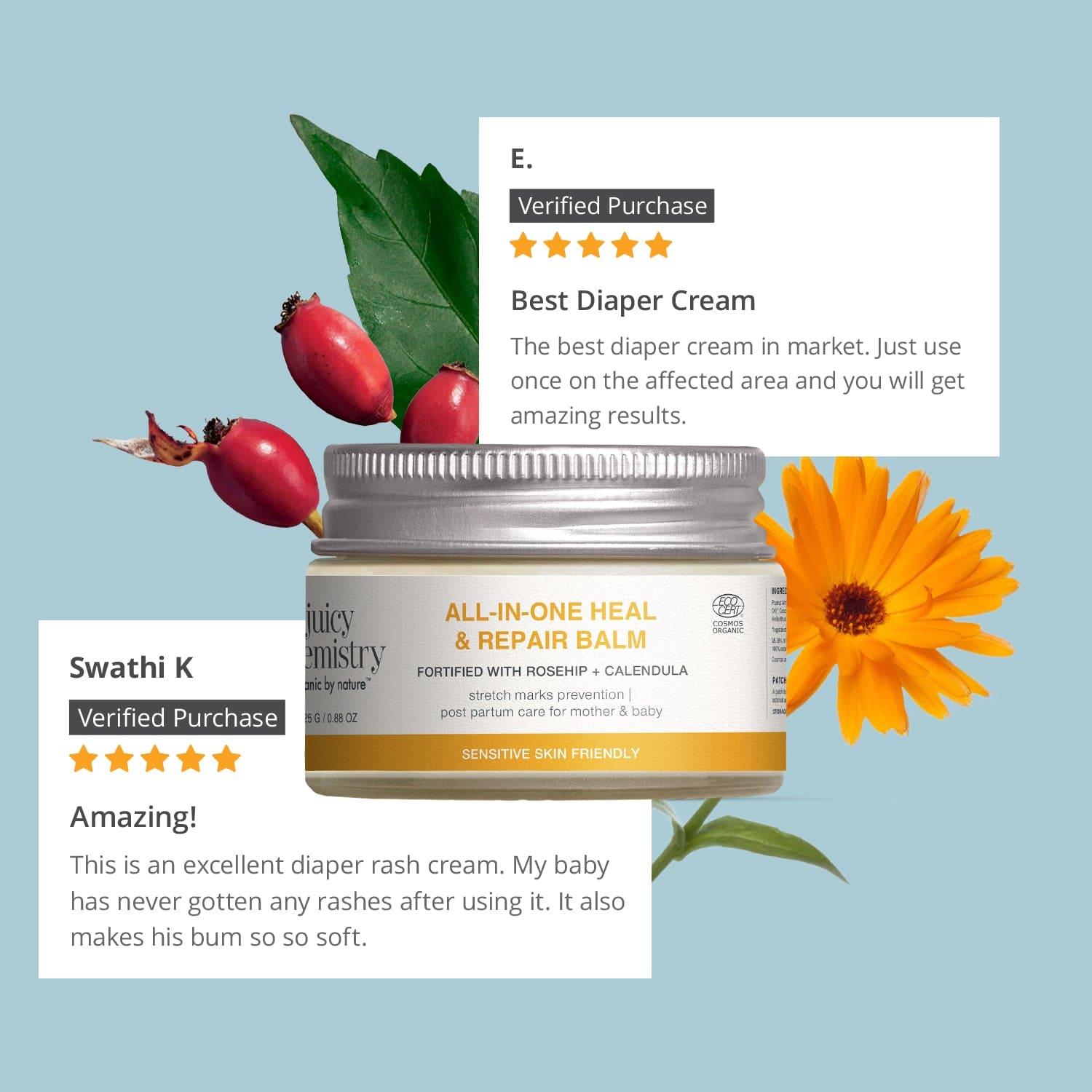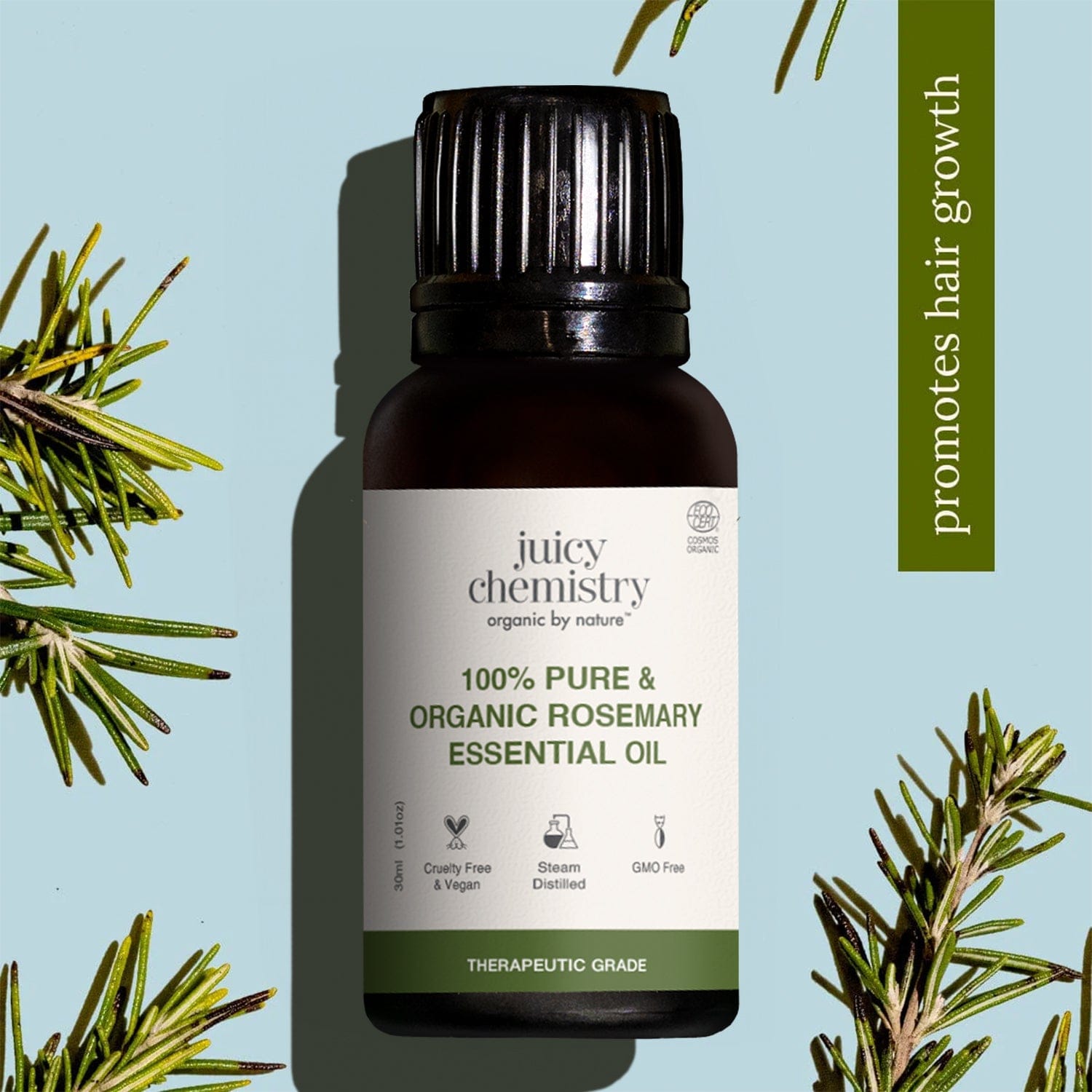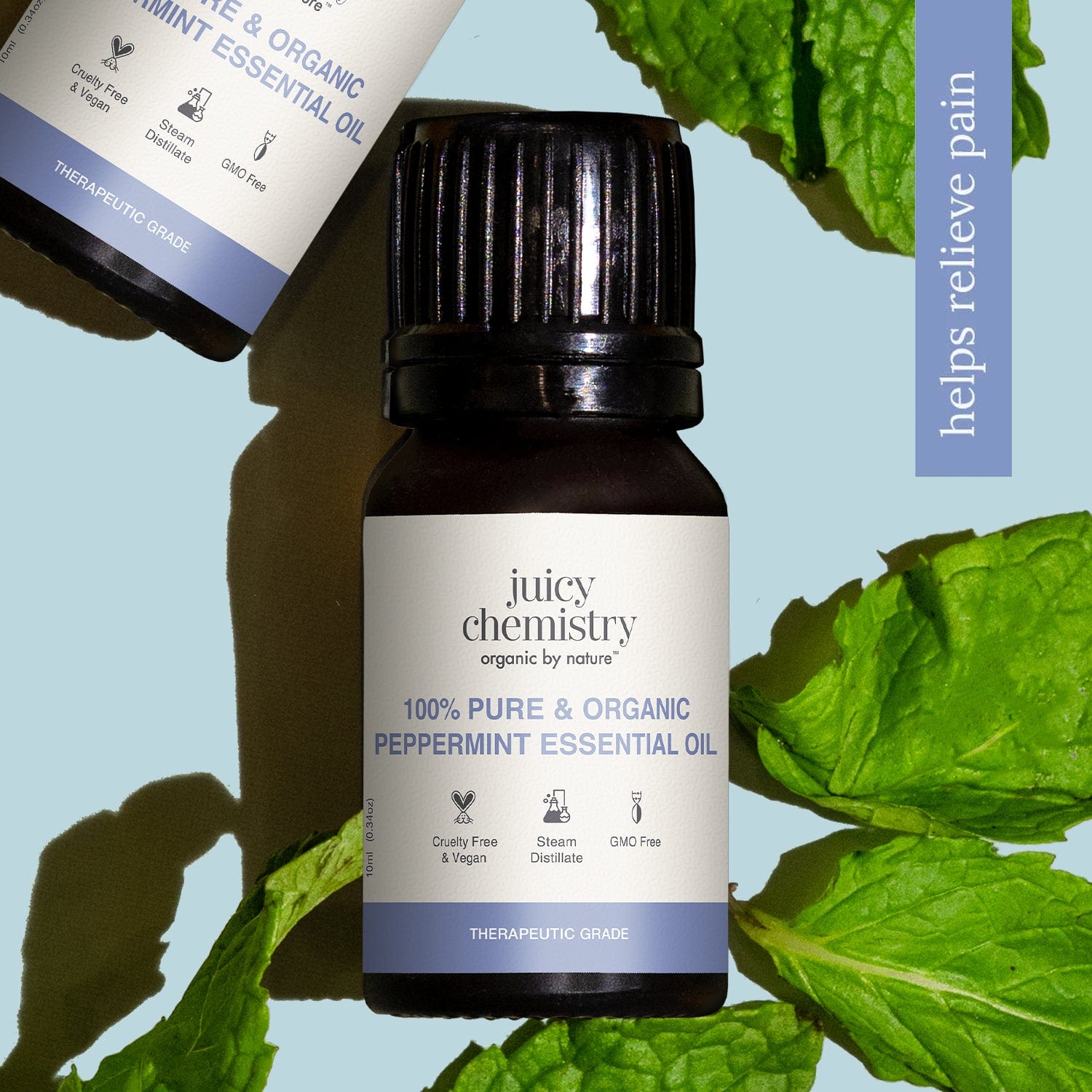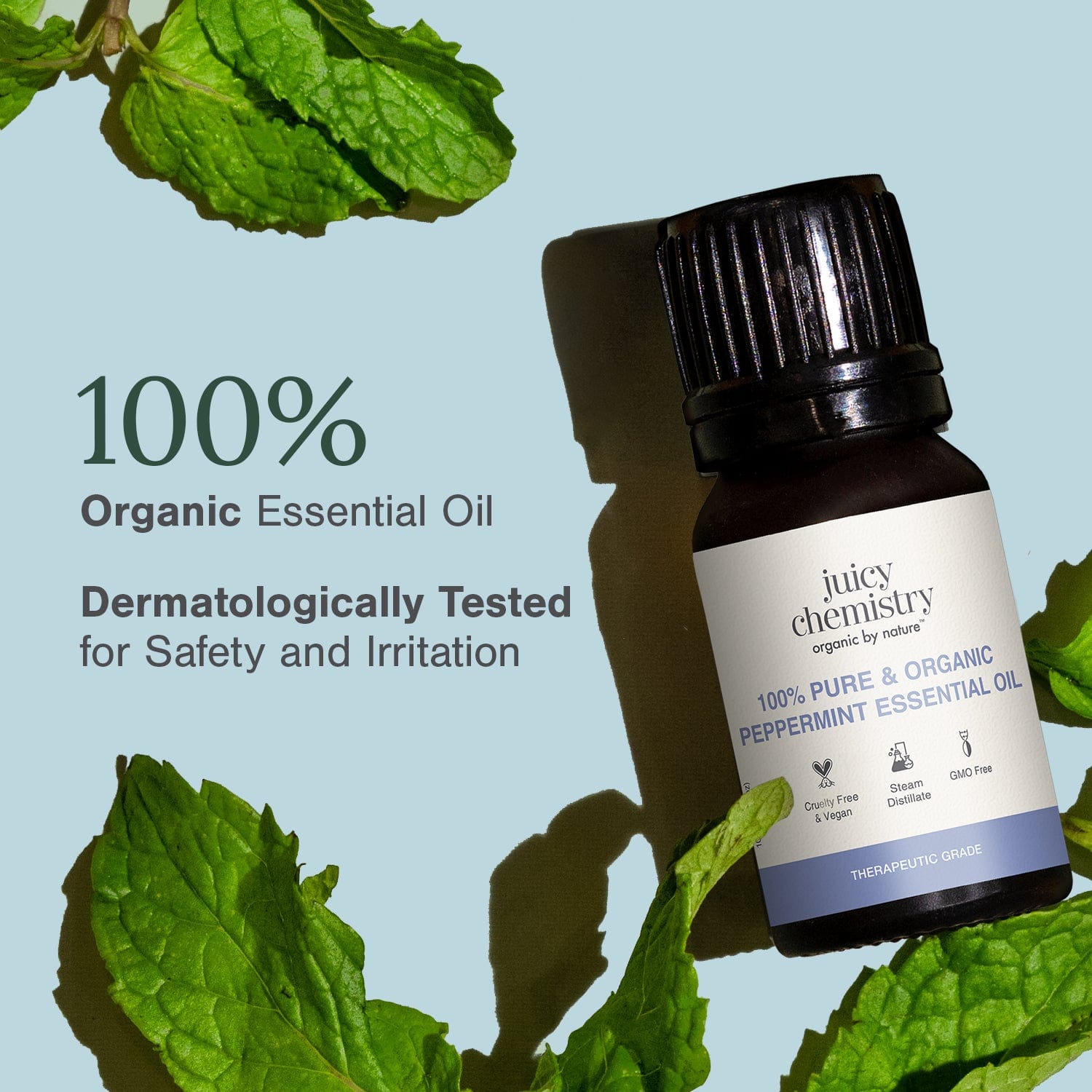Benefits of Ginger for Hair And How To Use It
May 25, 20216 Benefits of Ginger for Hair and How to Use It
Is ginger beneficial for hair? This versatile ingredient has been a staple in Indian kitchens for centuries and serves as a natural remedy for various ailments. Its use in traditional medicine, particularly Ayurveda, highlights its enduring value.
In India, ginger is commonly used to combat colds and coughs due to its antimicrobial properties. Beyond these health benefits, ginger can also significantly improve hair health.
Incorporating ginger into your hair care routine can help prevent scalp infections and promote strong, healthy hair.
Can Ginger Help Control Dandruff?
One of the primary advantages of using ginger juice for hair is its ability to combat dandruff, also known as Seborrhoeic dermatitis. This condition is often caused by a yeast infection called Malassezia, which leads to itchy flakes and redness on the scalp. Antifungal ingredients are effective in managing its spread.
Research indicates that ginger possesses strong antifungal properties that can help control dandruff. The active compound gingerol, found abundantly in ginger, contributes to its antimicrobial effects.
Additionally, ginger has anti-inflammatory properties that can reduce inflammation and alleviate the itching associated with dandruff.
How to Use Ginger for Hair
Incorporating ginger into your daily diet can help your body fend off various infections. It can enhance the flavor of many dishes, making it a delicious addition to your meals.
However, the most effective way to use ginger for hair is by applying it directly to your scalp. Using ginger juice can help manage yeast infections and soothe your scalp.
Making ginger juice is simple. Grate fresh ginger and strain it through a sieve to extract the juice. Apply the juice evenly to your scalp and leave it on for 15-20 minutes. Rinse with one of our gentle, organic shampoos and condition your hair as usual. You can repeat this process twice a week until your dandruff improves and itching subsides. Alternatively, you can puree the ginger and strain it to obtain ginger juice for your hair.
View this post on Instagram
Additional Benefits of Ginger for Hair
In addition to gingerol, ginger contains several active compounds, including paradol, shogoal, zingerone, and flavonoids. These compounds possess anti-inflammatory, antioxidant, and antimicrobial properties that promote a healthy scalp. Here are some key benefits of using ginger for your hair:
-
Soothes Irritated Scalp:
Ginger's powerful anti-inflammatory properties can alleviate itching and redness caused by infections or harsh hair care products that dry out and irritate the scalp. -
Nourishes Hair Follicles:
When applied topically, ginger enhances blood circulation to the scalp, delivering essential nutrients to hair follicles. This nourishment supports healthy hair growth. -
Maintains Scalp Health:
Ginger helps prevent bacterial and fungal infections on the scalp while reducing inflammation, ensuring a clean and healthy environment for your hair. -
Reduces Hair Fall:
By nourishing hair follicles and combating scalp issues like dandruff, ginger can help maintain hair thickness and minimize hair loss. -
Protects Hair from Damage:
The antioxidants in ginger neutralize free radicals and reduce oxidative stress caused by environmental factors such as pollution, smoke, and UV rays from the sun.View this post on Instagram
Various Methods to Incorporate Ginger for Hair Care
Here are several methods to utilize ginger for promoting hair growth and managing dandruff within your hair care regimen to encourage a healthy scalp and hair.
- Combine dried ginger with cold-pressed coconut oil and allow it to infuse in sunlight for 2-3 weeks. Afterward, strain the oil and use it to massage your scalp. This treatment can be applied twice weekly before shampooing to help manage dandruff effectively.
- Blend ginger puree with cold-pressed jojoba oil and distribute it evenly across your scalp. Allow it to sit for a minimum of 30 minutes before washing it out with a gentle shampoo. Apply this hair mask weekly until you notice improvement in your scalp condition.
- Mix ginger essential oil with cold-pressed coconut oil to create a soothing hair oil that helps alleviate scalp irritation and combat infections. At JC, we always recommend keeping the concentration of essential oils in any mixture below 1% to prevent skin irritations and adverse reactions
adverse effects.
Products from Juicy Chemistry Infused with Ginger
- Neem Butter, Pumpkin & Ginger Hair Mask: This pre-shampoo conditioning hair mask is designed to alleviate dandruff and itchiness while providing relief to the scalp.
- Lime, Ginger & Rice Organic Cold Pressed Soap: An organic soap that is super fatted, promoting skin that is healthy and evenly toned.
- Sacha Inchi, Argan, and Mango Butter Hair Mask: A certified organic pre-shampoo treatment specifically formulated for frizzy hair, making it a delightful addition to your hair care routine.
Common Questions
- Is ginger appropriate for all hair types?
Ginger is particularly beneficial for those with itchy, dandruff-prone, or irritated scalps. - Can I apply ginger to my hair daily?
It is recommended to use ginger 2-3 times a week to achieve noticeable results. - Can ginger lead to negative side effects?
Individuals allergic to ginger may experience adverse reactions. Additionally, your skin might become sensitive to ginger. We always advise performing a patch test beforehand to identify any signs of irritation or sensitivity before applying it to your scalp.
Incorporate ginger into your hair care regimen for a clean, healthy, and well-nourished scalp.
Sources:
https://www.ncbi.nlm.nih.gov/pmc/articles/PMC4106649/
https://www.ncbi.nlm.nih.gov/pmc/articles/PMC6149881/
https://www.ncbi.nlm.nih.gov/pmc/articles/PMC5429933/#B24
https://www.researchgate.net/publication/343774515_Ginger_Extract_Reduces_Oxidative_Stress_and_Improves_the_Clinical_Outcomes_in_Patients_with_Alopecia_Areata
